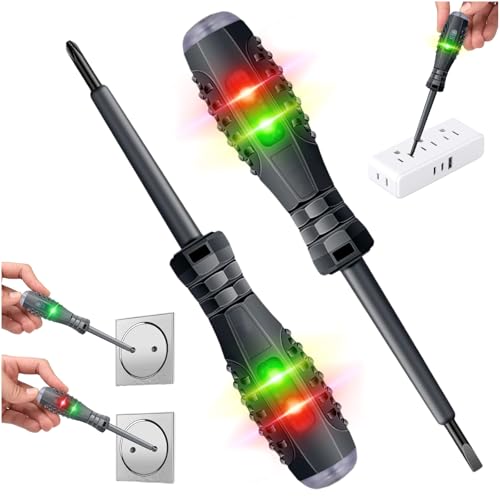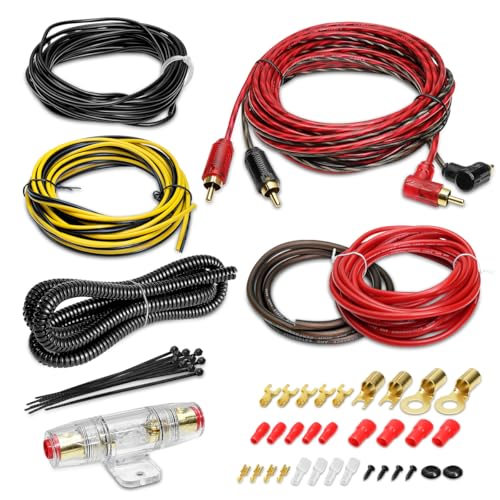- Joined
- Mar 28, 2008
- Messages
- 14,658
- Reaction score
- 1,361
As your link is mostly relating to "Ultra pure water"Firstly...http://hypertextbook.com/facts/2006/SamTetruashvili.shtml
As for the NIC, I take their views with a pinch of salt (which may help things along here)..
I'm sorry Specs, but A 2V drop in your IR voltage reading is hardly convincing, especially given the output impedance of the meter in the first place..
Connect an AC ammeter in series as well, just to prove my point..
Then add some impurities and see the improvement, but 10's of Amperes will never flow, however other contamination factors/worn outlet (previous arcing) etc may contribute to a more conductive path, but I still doubt it could trip a 32A mcb..
; \
so not sure what relevance it has here???????
If you read a bit of your own link......
Semiconductor manufacturing uses ultra pure water with extremely low levels of contaminants for applications such as wafer processing and the manufacturing of flat panel displays and precision disk drives.
Ultra-pure (distilled) water is not a very good conductor of electricity. However, water
containing dissolved ionic compounds will conduct water because the cations (+ ions) and
anions (- ions) are freed from their attachment to each other be the dissolution process.
If your source of flowing water contains variable amounts of ions in solution, its
electrical conductivity will likewise vary because the aquated ions are the charge carriers
in solution. When the ion concentration is elevated, the water will show higher conductivity
than when the ion concentration is lower.
I don't get ULTRAPURE water out of my taps...?Pure water containing no ions is an excellent insulator, but not even "deionized" water is completely free of ions. Water undergoes auto-ionisation at any temperature above absolute zero. Further, because water is such a good solvent, it almost always has some solute dissolved in it, most frequently a salt. If water has even a tiny amount of such an impurity, then it can conduct electricity readily, as impurities such as salt separate into free ions in aqueous solution by which an electric current can flow.
If your water was such a good "Insulator" I wouldn't be getting 248+v coming through it?
one side of meter 0v
one side of glass 248V+
other side 250v+
drop 2v across glass.
As you say doing a bog standard low voltage resistance test reading is high..
but stick a bit more voltage behind it...
The fault I went to last Friday tripped a 10a type B MCB cuz of and exposed bare end of cable getting wet?
must be passing 10A+ ???? (minus whatever lights may or may not have been on!)
check post #3 here....
http://www.talk.electricianforum.co.uk/showthread.php?t=1210
but I suppose you could try and convince my customer that her lights didn't go off???
I am afraid I would have to take this as a bit of an arrogant statement M8!As for the NIC, I take their views with a pinch of salt (which may help things along here)..
(but I aint gonna let it spoil a friendship... we can agree to disagree if needs must! :x
It does not matter whether you like or dislike the NICEIC......
Common sense would suggest they must have a few staff with higher qualifications than either you or I have got...
And their tech manual info must have been verified with more than one source???
I still stand by my earlier post bud

































































